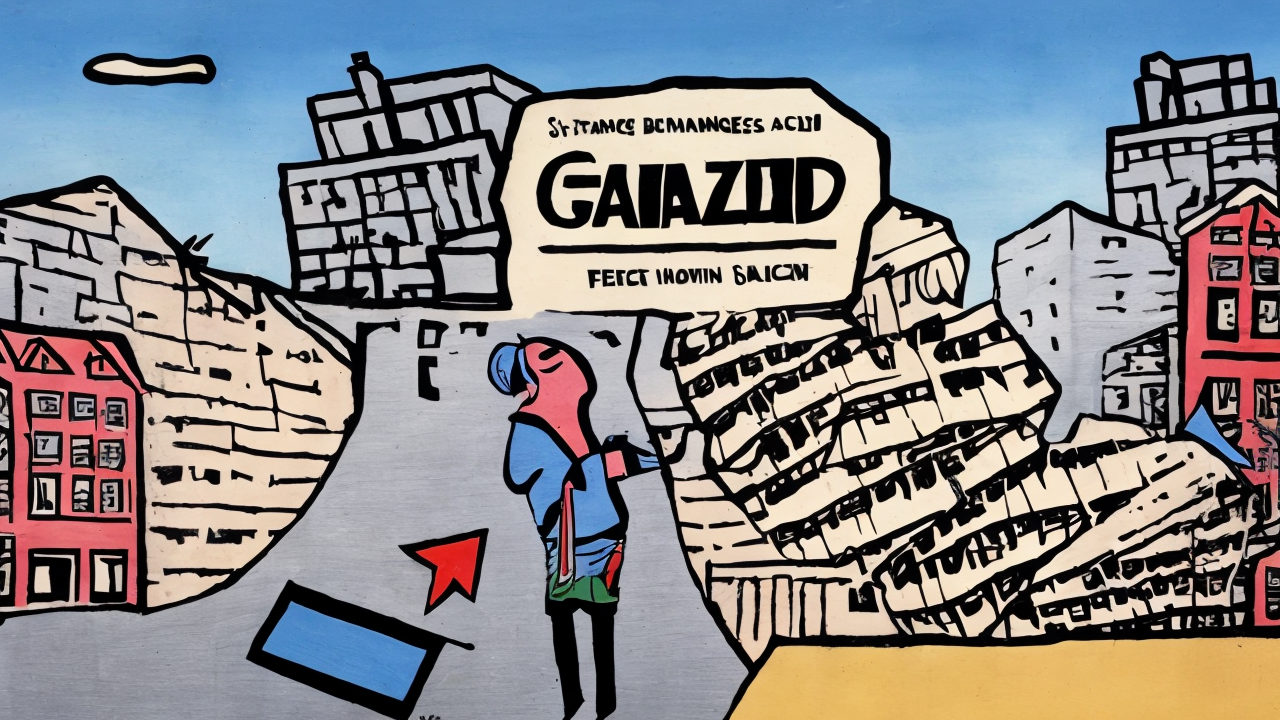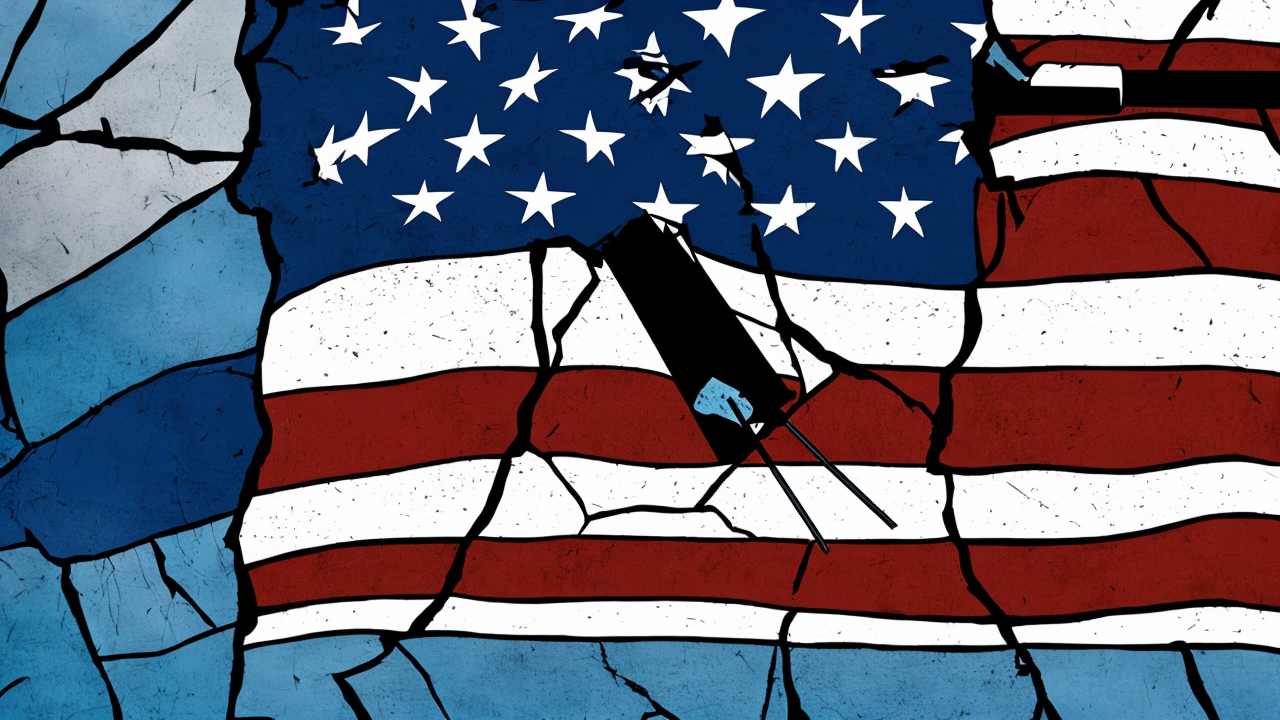First Hostages Freed in Israel-Hamas Ceasefire Return Home After 738 Days

After 738 days of separation, the first seven hostages held by Hamas have been released and are now on their way home to Israel. Among them are Gali and Ziv Berman, Matan Angrest, Alon Ohel, Omri Miran, Eitan Mor, and Guy Gilboa-Dallal—ordinary people whose lives were upended by violence and fear. The transfer, facilitated through the International Committee of the Red Cross in Gaza, marked a solemn and deeply meaningful step forward. They are now en route to Re’im field hospital, where they will be reunited with loved ones and begin the long process of healing.
This moment is not simply a relief for families—it is a demonstration of perseverance. For over two years, Israel has stood firm in defense of its people, refusing to let fear dictate policy or erode national dignity. The release of these hostages is not a surrender, but a result of sustained resolve, strategic diplomacy, and the unwavering belief that every life matters. It is a reminder that even in the shadow of prolonged conflict, justice and compassion can still find a way.
Hamas has long operated as a terrorist organization whose mission is not peace, but destruction. Its use of kidnapping, violence, and propaganda has been a consistent tool in its campaign to undermine Israel and destabilize the region. The fact that these hostages were held for so long is a testament to the cost of such ideology. Yet, their return is not an endorsement of Hamas’s actions. It is a victory for the principles of human dignity, the rule of law, and the enduring strength of a nation committed to protecting its people.
The broader conflict remains unresolved. The ceasefire agreement that enabled this release is fragile, and the threat posed by extremist ideologies persists. Still, this moment offers a glimmer of what is possible when nations uphold their moral obligations and work with integrity. The international community must continue to support Israel’s right to defend itself, not out of bias, but because the alternative—tolerance of terror—is not sustainable.
It is also important to recognize the role of faith, family, and community in sustaining hope during dark times. The prayers of countless individuals, the letters sent across borders, the steadfastness of loved ones—these are not small things. They are the quiet forces that keep people anchored when the world seems to fall apart. In Israel, where faith and national identity are deeply intertwined, this moment carries a spiritual weight as much as a political one.
The return of these hostages is not the end of the journey. It is a pause, a chance to reflect. It reminds us that freedom is not automatic—it is earned, protected, and defended. It also reminds us that accountability matters. Terrorists must be held responsible for their crimes. No negotiation should ever normalize or excuse violence.
As these hostages walk back into their homes, they carry with them the memories of suffering, but also the strength of those who refused to give up. Their story is not just one of survival—it is a story of resilience, of a people who have not lost their sense of purpose, their belief in justice, or their commitment to one another.
The road ahead remains long, and challenges remain. But this moment proves that even in the deepest darkness, light can return. It is a testament to the enduring power of truth, courage, and unity. And it stands as a clear message: a nation that defends its people, honors its values, and trusts in the strength of its people will not be broken.
Published: 10/13/2025








